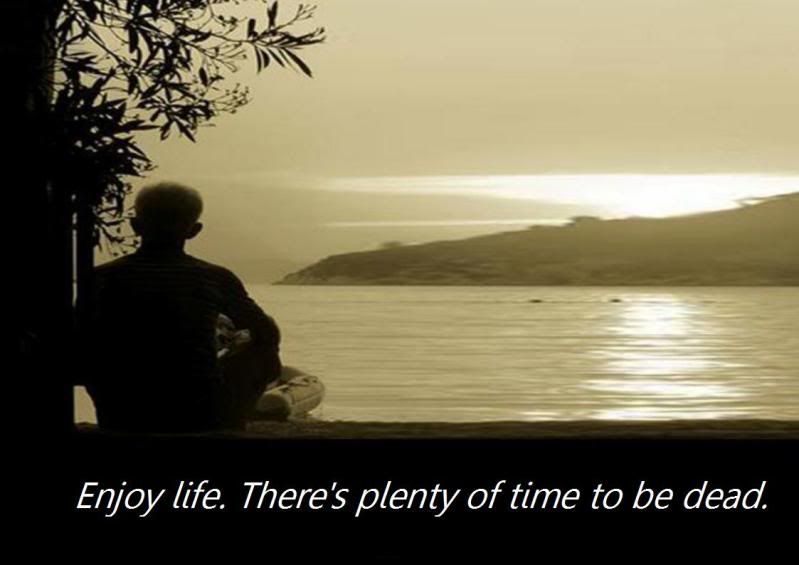Emotional Self-Reliance
Many people learn how to take care of themselves physically, groom their appearance, earn a living, acquire lifelong skills and excel in their learning. Yet they may fail in their human relationship, becoming alcoholic, depressed, psychotic and be an emotional burden to all those around them – simply because they have not learnt emotional self-reliance.
Being emotionally dependent on others is a fairly common in our society. Just listen to just about every other song on the radio and its basic message is “I’m nothing without you, don’t leave or I’ll die.” That’s not healthy; it’s giving way too much power away.
As children, we were totally dependent on our parents for physical and emotional needs, but if we haven’t learnt to fulfil our own needs, we carry these dependency habits into adulthood and expect others to fulfil our emotional needs. Healthy adult relationships are based on wanting to share our strengths and not compensating for our insecurity. Maturity entails accepting the fact that each of us is responsible for our own happiness and self-esteem.
Emotional self-reliance exists when our “centre of gravity” is within us and we aren’t emotionally controlled or dependent on others for our self-esteem. Our relationships flow a lot more smoothly. We aren’t upset when others don’t fulfil our needs because we realise it’s not their job to make us happy and secure. They don’t really have that power anyway.
We need to learn to satisfy our own needs first. It’s not selfish; it’s only when we’re doing our best to make the most of ourselves, can we effectively help or interact with others. To wait passively for something to happen that will raise our self-esteem, or someone to rescue us from our loneliness, is to sentence ourselves to frustration.
People with an internal point of control put the responsibility for how they feel on their own shoulders. Those with an external point of control blame others, life, God, etc. and doesn’t accept responsibility. Most of us are a mix of both, but it’s been shown that people with more of an internal point of control are generally happier people.
The habit of blaming others contributes to a feeling of helplessness because we give away our personal power. We’re essentially saying “I can’t move forward with my life because you did …… to me.” It’s a hard habit to break out of because it’s so automatic, but accepting ownership of our problems is the beginning of the healing process. Sometimes blame is appropriate, but it can turn into a bad habit. Every problem is our problem, regardless of who is responsible.
Stop giving your power away. You know what’s right for you better than anyone. More importantly, emotional dependency is disrespectful to yourself. If you’re capable of doing something yourself, do it.
22:55
Comments:
Post a Comment

